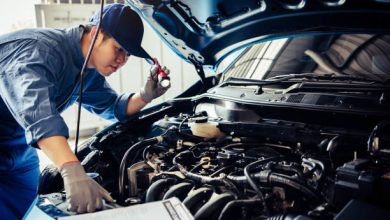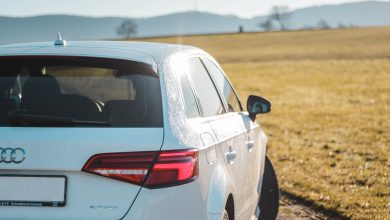Need-To-Know Car Terminology For Prospective Owners
 There’s a lot of new car terminology that you learn when you become a car owner. It can be confusing and complicated to try to learn them on your own, so here are 10 of the most common (and useful) words/phrases that you should know.
There’s a lot of new car terminology that you learn when you become a car owner. It can be confusing and complicated to try to learn them on your own, so here are 10 of the most common (and useful) words/phrases that you should know.
1. ABS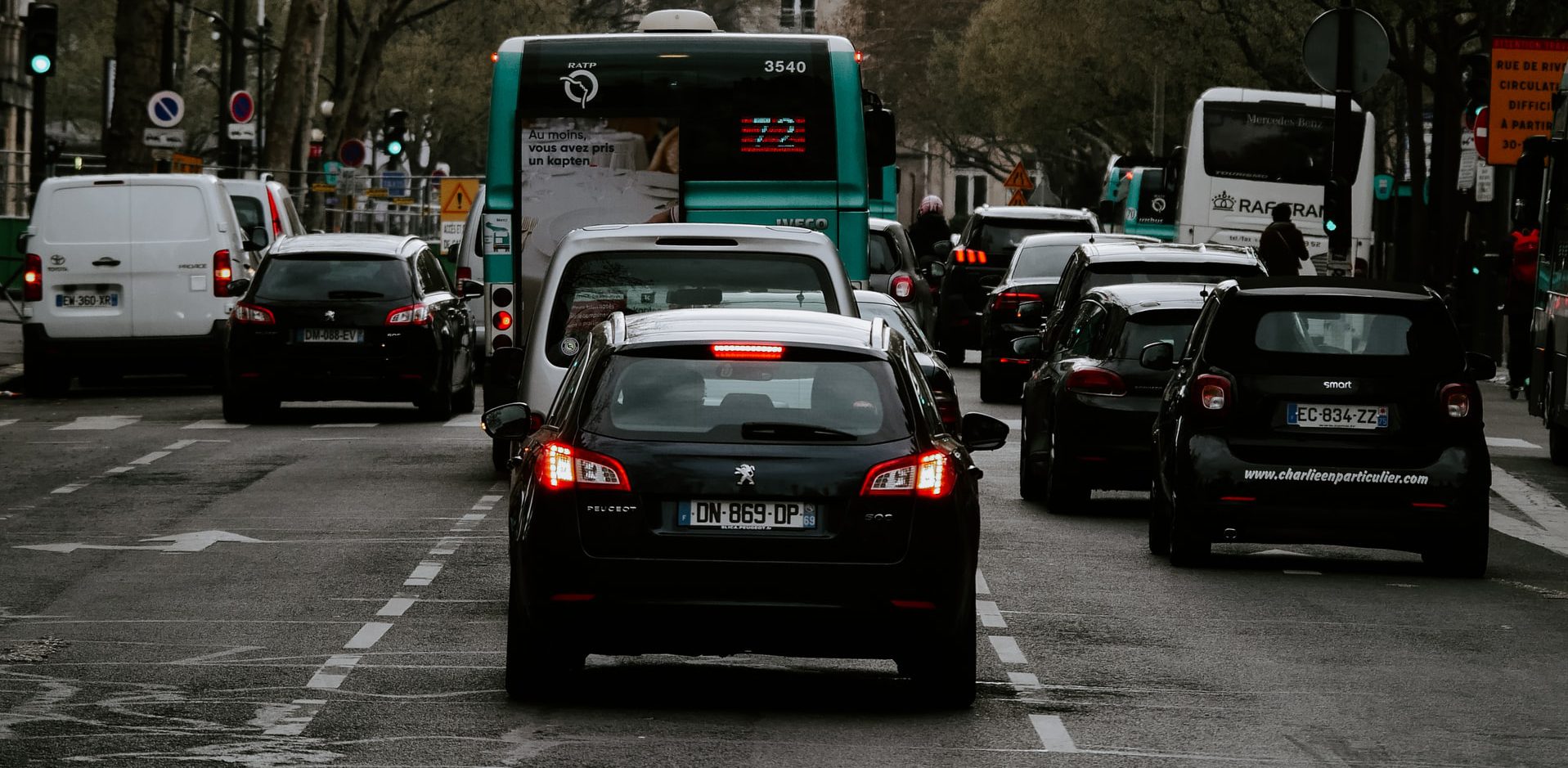
The first car terminology you need to know: ABS. ABS stands for Antilock Braking System. It’s a computerised system that prevents your wheels from locking during emergency braking, improving steering control and reducing stopping distance. Even in slippery conditions, ABS is able to prevent lock-up and skidding.
This system has been proven to save lives by helping drivers stay in control of the vehicle. In rainy Singapore where the roads can get slippery, understanding this safety mechanism and how it keeps you safe is one of your responsibilities as a driver.
2. Suspension

The suspension system’s primary function is to maximise the overall performance of a vehicle as it cruises down the road. It also helps to absorb any bumps in the road to make sure you have a smooth and comfortable ride.
Plus, it also helps to minimise wear and tear to your car, so long as it’s functioning properly. Because of this, it’s important to ensure your suspension system is working properly before buying a car. So if you’re buying a car, during your test drive, this should be something you’re looking out for. Note how smooth or bumpy the ride is to get a better idea of the suspension system’s condition.
3. Torque
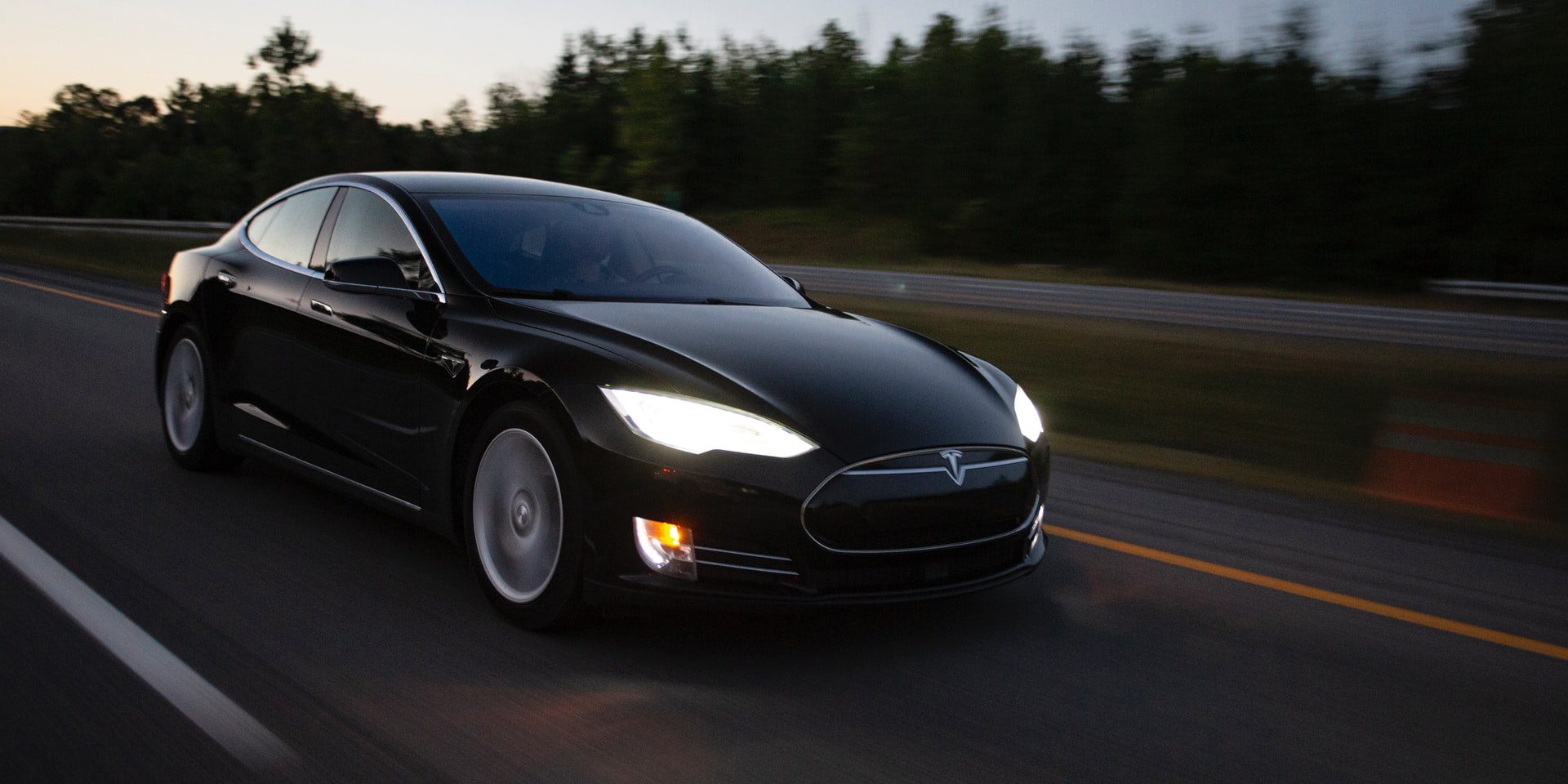
Torque is also known as rotational force. And when you have high torque, you are able to drive in a manner that is efficient and energy-saving. Essentially, this means that a high torque will create the shortest possible delay between the driver pressing the gas pedal and the engine responding.
As a driver, you’ll perceive high torque as great traction when setting off or over taking. Therefore, this is something that you can look out for during test drives. To check the torque of your car, you can note how well your engine responds to you pressing the gas pedal.
4. 0-100
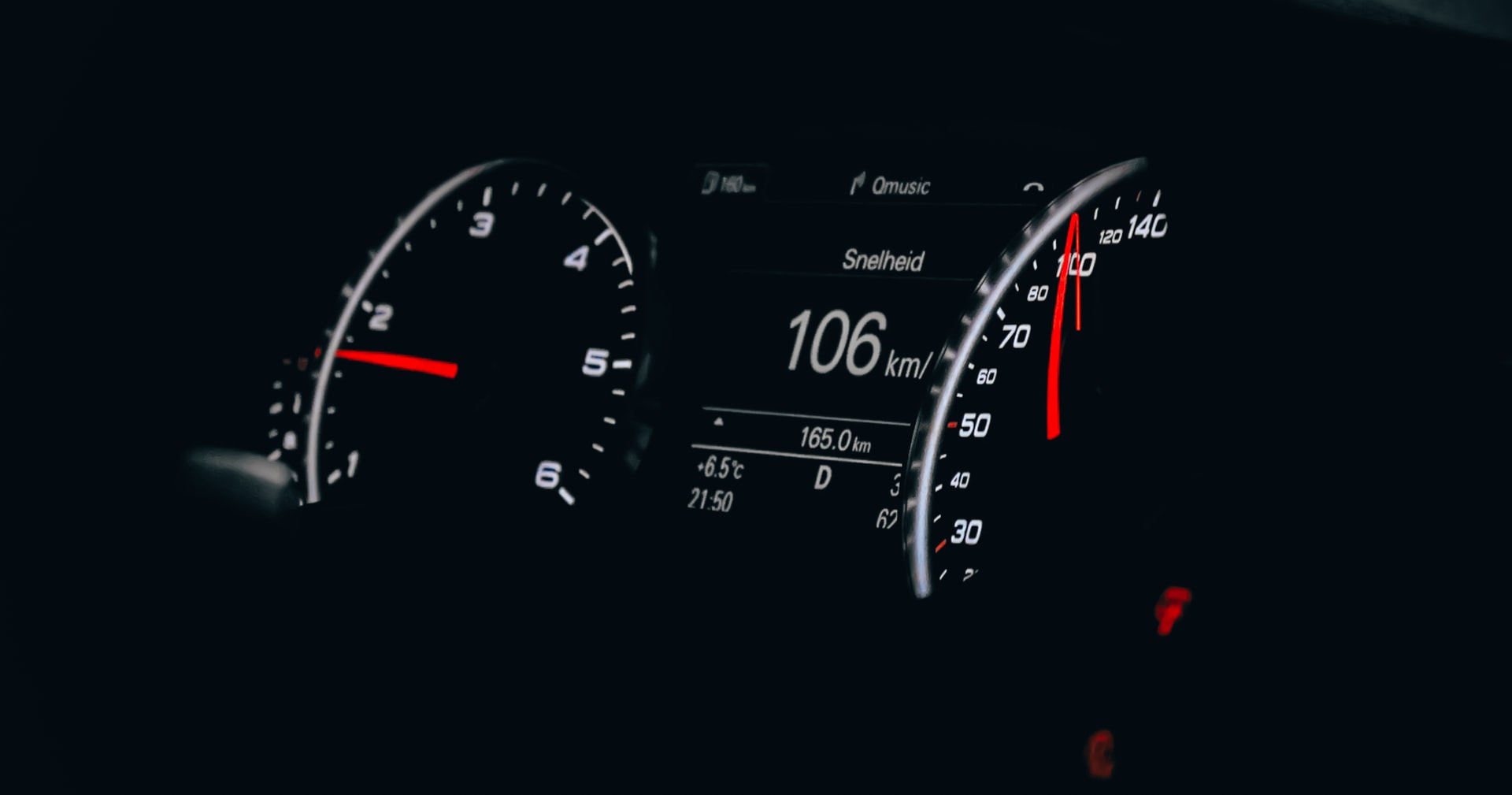
Similar to torque, it’s another thing you look out for when buying a car. 0-100 refers to how fast it takes your vehicle to reach 100km/hr from standing still. This time is usually written in the vehicle’s specs, but you can also easily ask the seller for this information.
This information is especially useful when you’re wondering whether your new car is going to be able to tackle getting up the ramp onto the highway easily or not.
5. Car handling
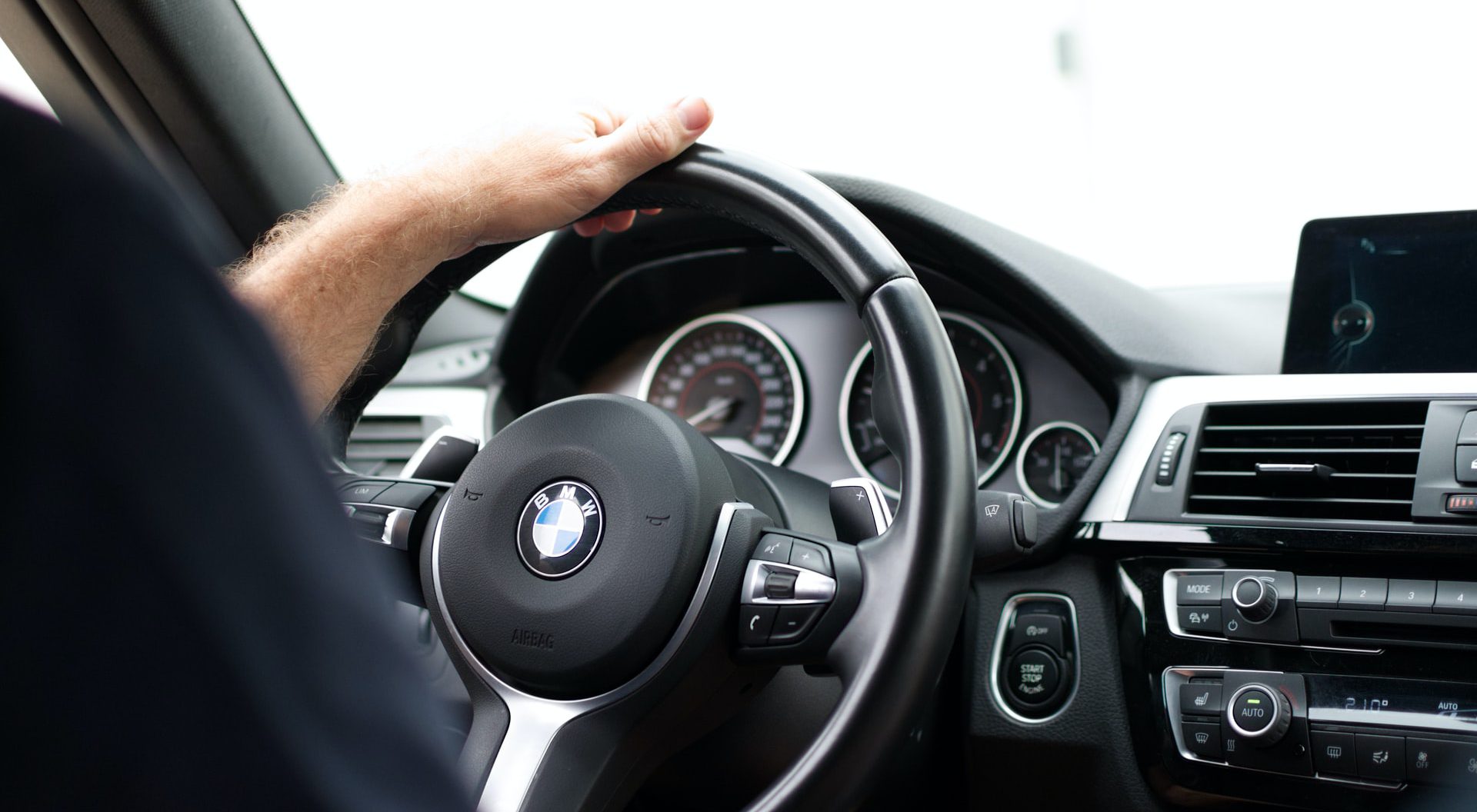
This is also something to look out for during your test drive, especially if you’re buying a used car. Car handling is essentially how well your car’s wheels respond to your steering, as well as how it moves along on the road.
This can be affected depending on the wear and tear on the car, so if it’s damaged, the car handling may not be as good. You want to be sure to understand this, so you can look out for it as you search for a car to buy.
6. Depreciation
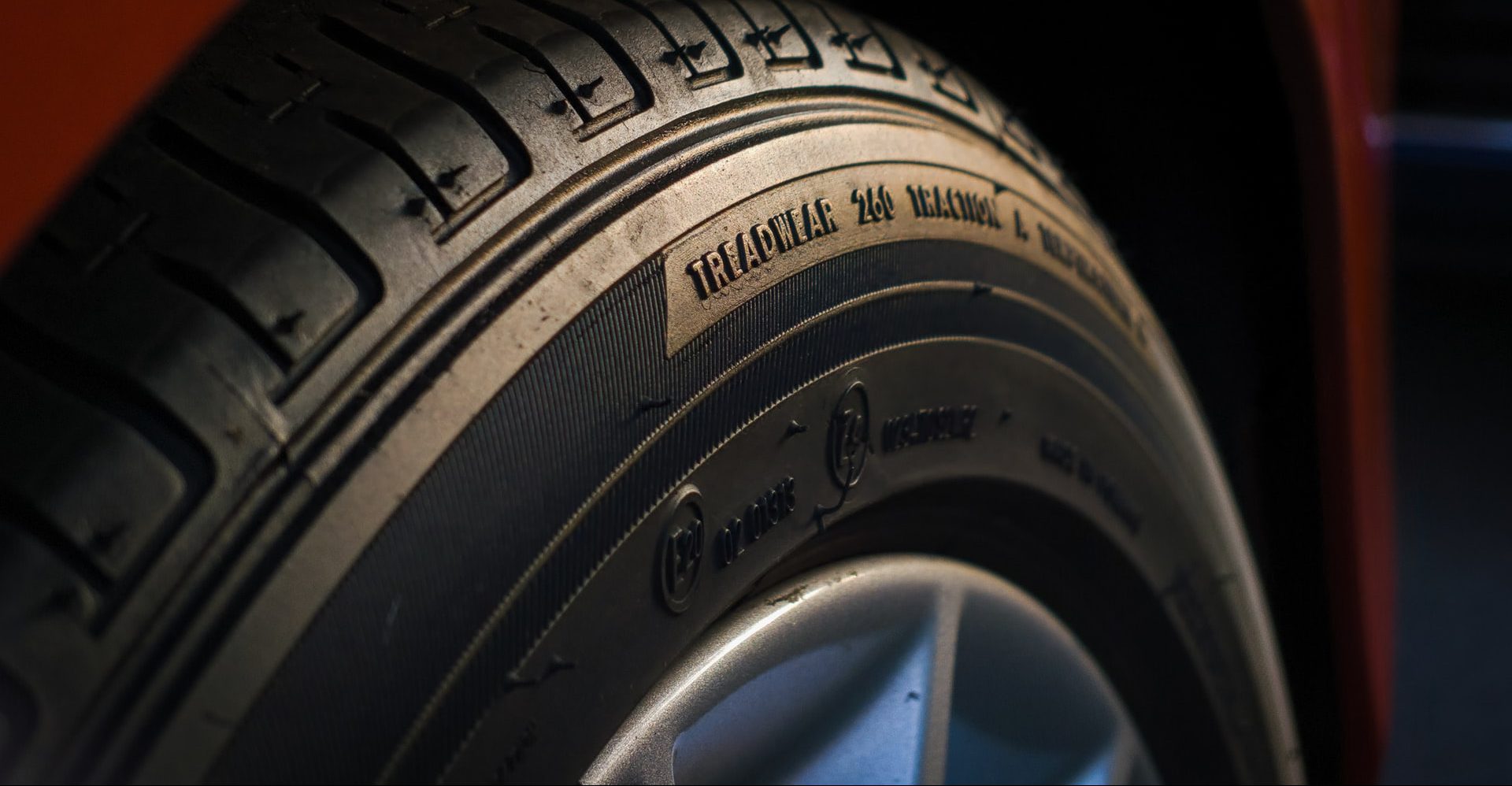
Depreciation is the proportion of a vehicle’s purchase price that is lost over time. Most cars, unless they’re vintage pieces, will have a depreciation cost. Because cars wear and tear over time, as you use your car, it loses value. This cost is usually revealed alongside the car’s price, and it’ll show how much value a car may lose over the course of a year.
As you look to buy a car, the depreciation cost should also be something you look at to figure out how much value you’re losing on your car per year.
7. COE
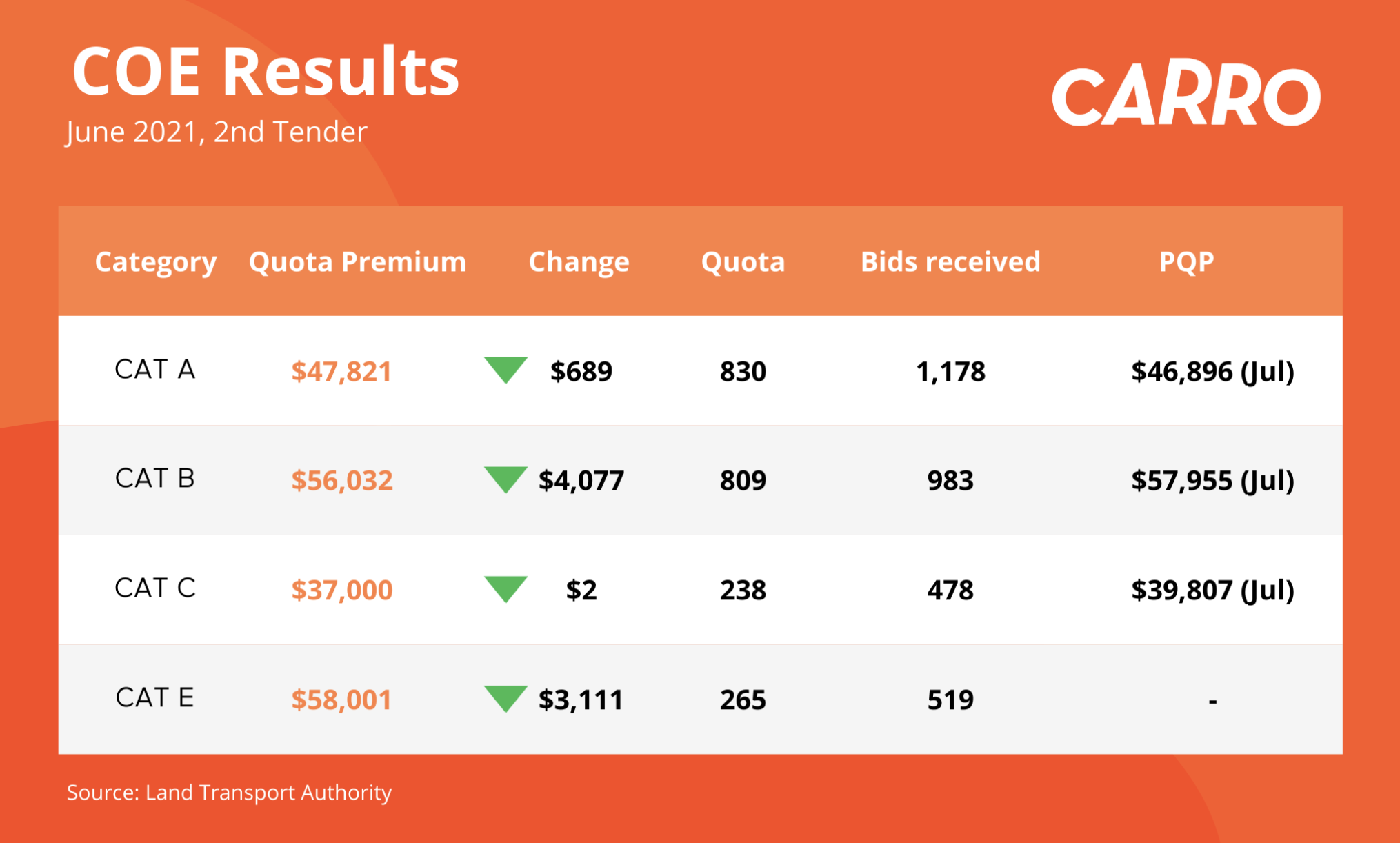
Unique to Singapore, COE is something you definitely should understand. COE is the certificate of entitlement, and it gives you the right to register, own and use a vehicle in Singapore. As you decide to buy a car, you should also be monitoring COE prices to see when the best time would be to buy your car.
If you’d like to learn more about this, here’s our article breaking down the need-to-know on COE. If you want to see the latest COE prices, click here.
8. BHP
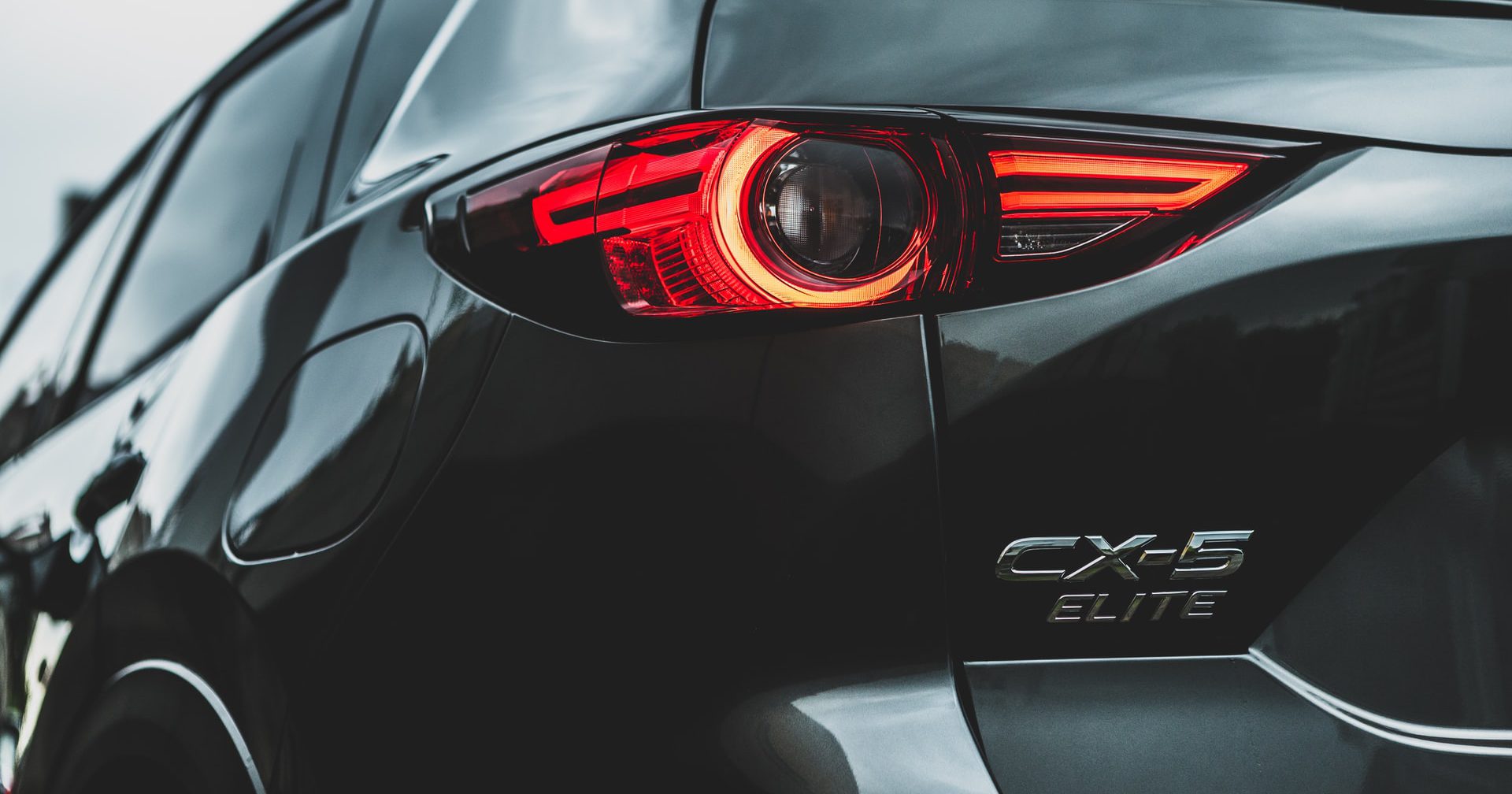
BHP is the Brake Horsepower. It’s the measure of an engine’s horsepower output before frictional losses caused by components such as the gearbox, alternator and differential.
The level of brake horsepower that your car has also affects what category COE it’s in, which then affects the price of the COE you have to buy for it. So this is something you should also be looking out for as you monitor the prices of COE.
9. EV
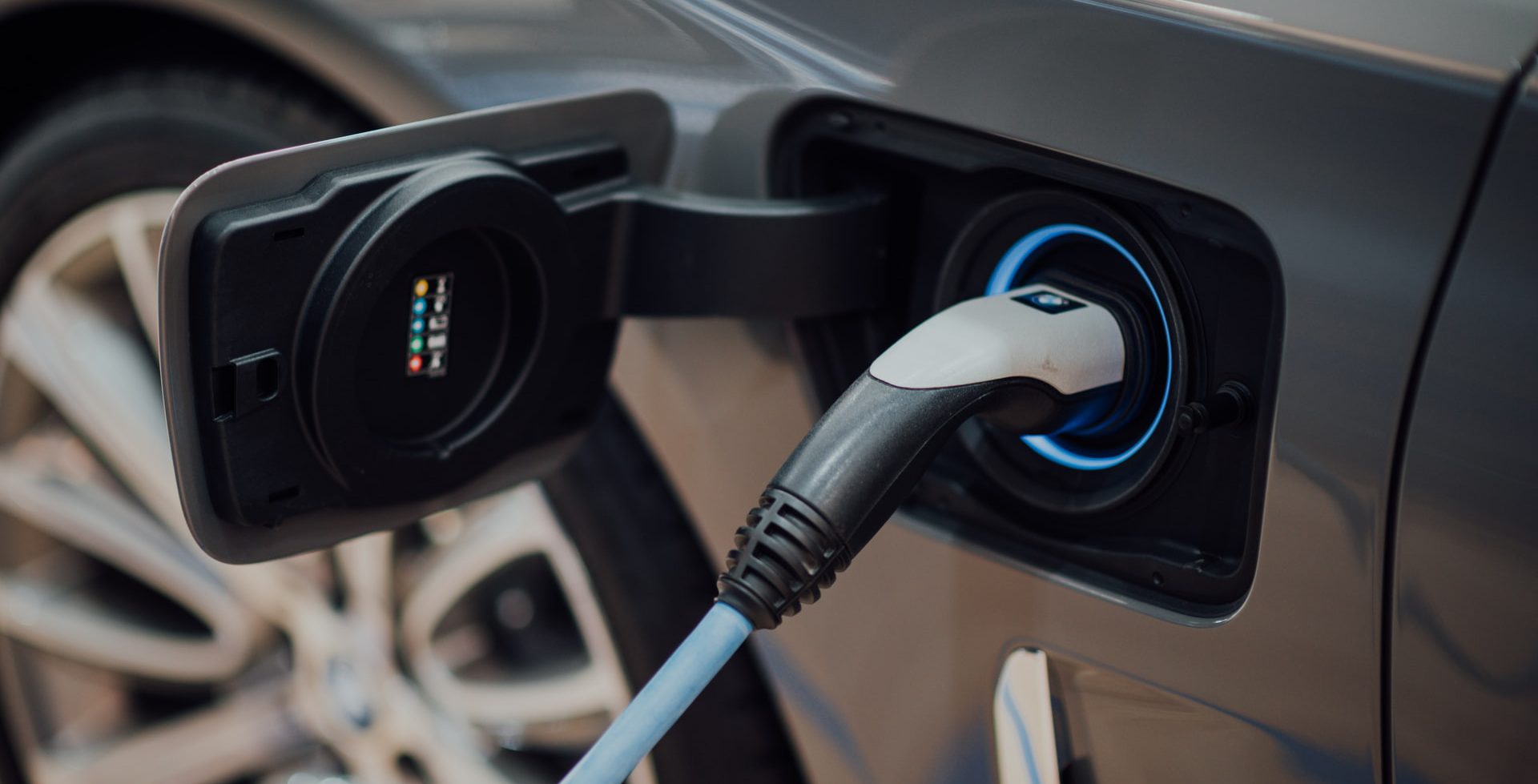
EV is a blanket term for electric vehicles, basically anything that is primarily powered by an electric motor.
As electrical vehicles become more prominent and popular, knowing that EV is a common abbreviation for electric cars is a good way to keep in the loop on the car industry.
10. Body Style

Body style, the last car terminology on this list. It refers to the type of exterior shell or shape to a vehicle (sedan, coupe, hatchback, etc.). Knowing the different types of body types for cars and how each one has its own benefits and drawbacks is a good way to sort out what car would best suit your own needs.
Read here to learn more on the different body styles.
Now that you’ve gotten the basic run down of car terminology, you can become a more informed car owner.
If you’re looking to buy a car, be sure to check out Carro’s diverse list of cars here! All our cars undergo a rigorous 150-point inspection check and come with a 6-month engine and gearbox warranty, so quality is assured.
What are you waiting for? Buy with Carro today!


